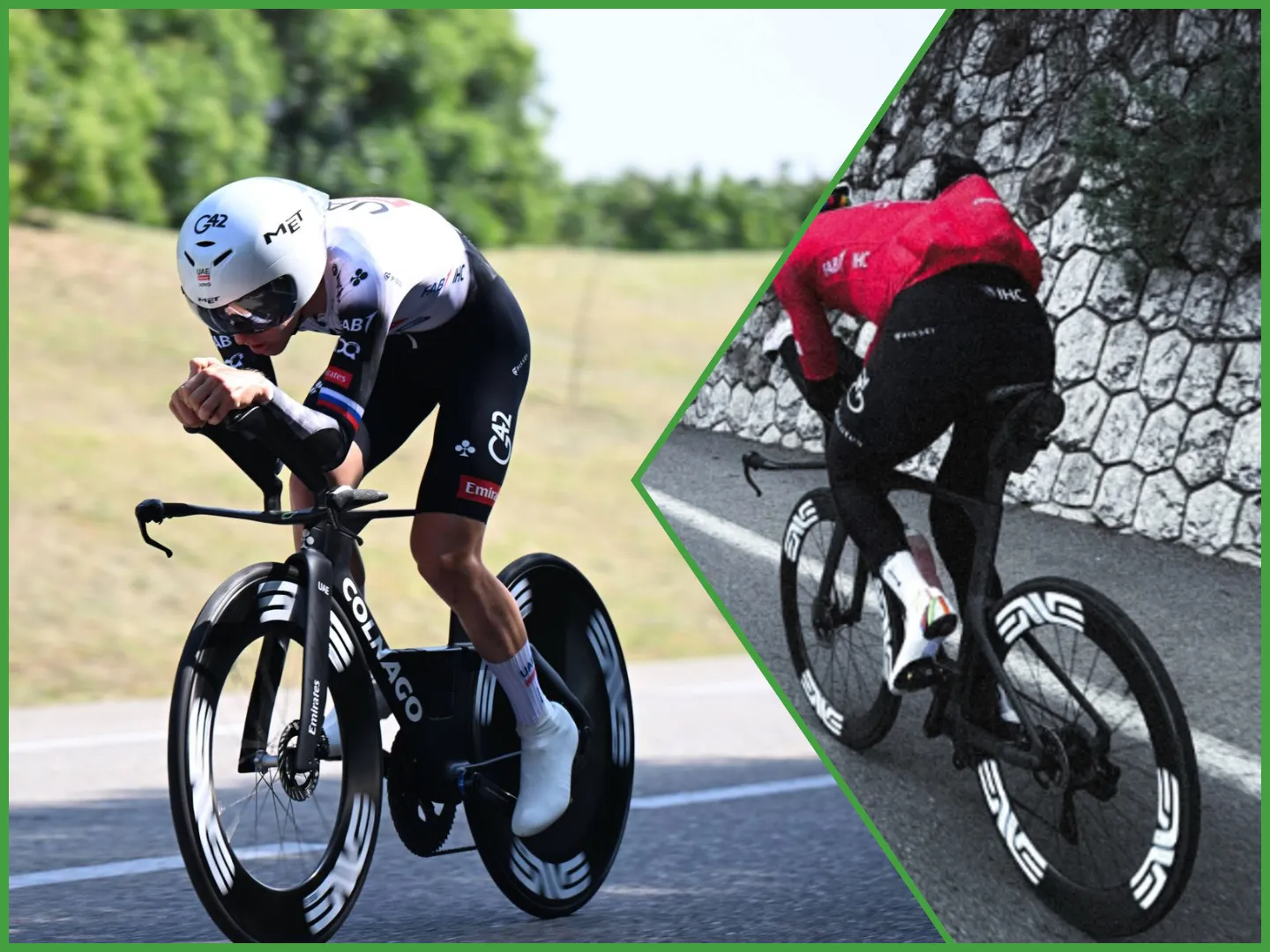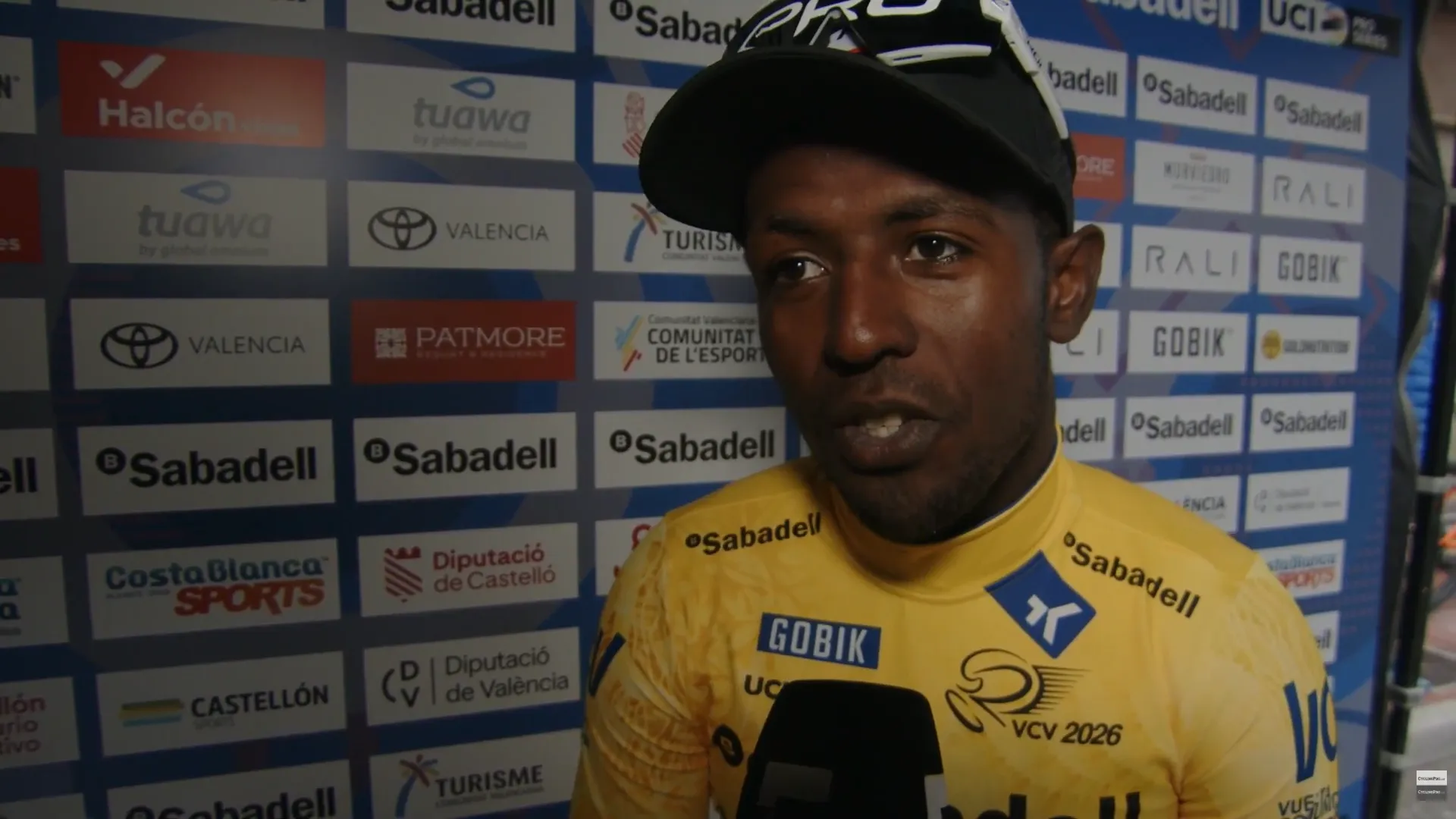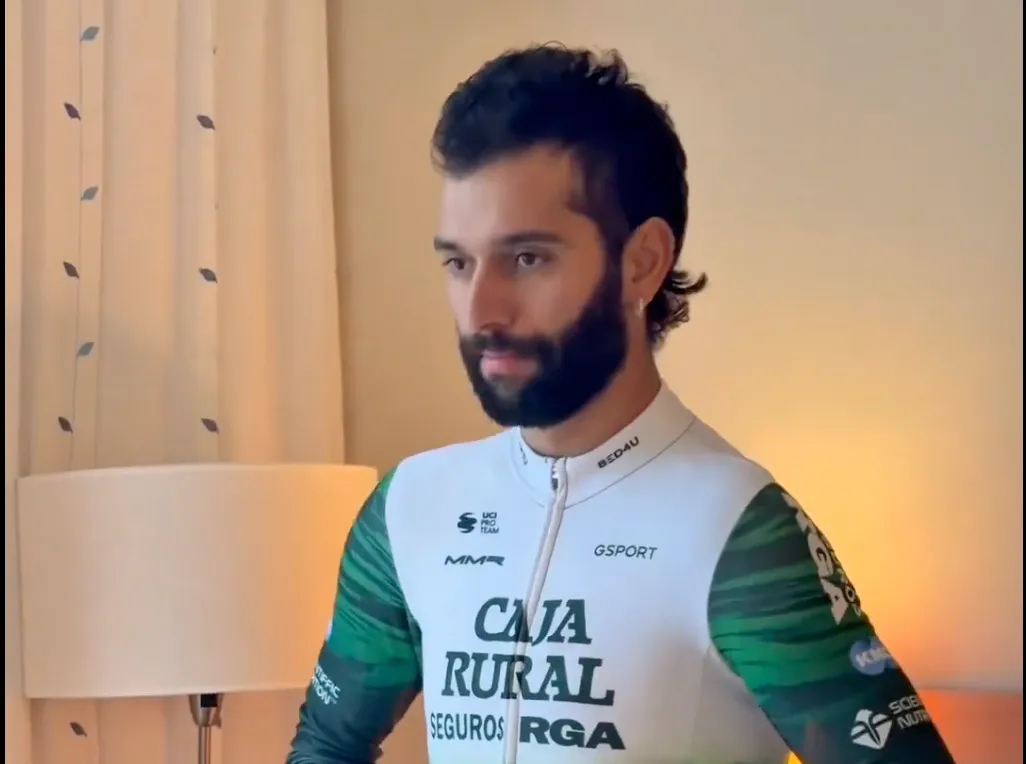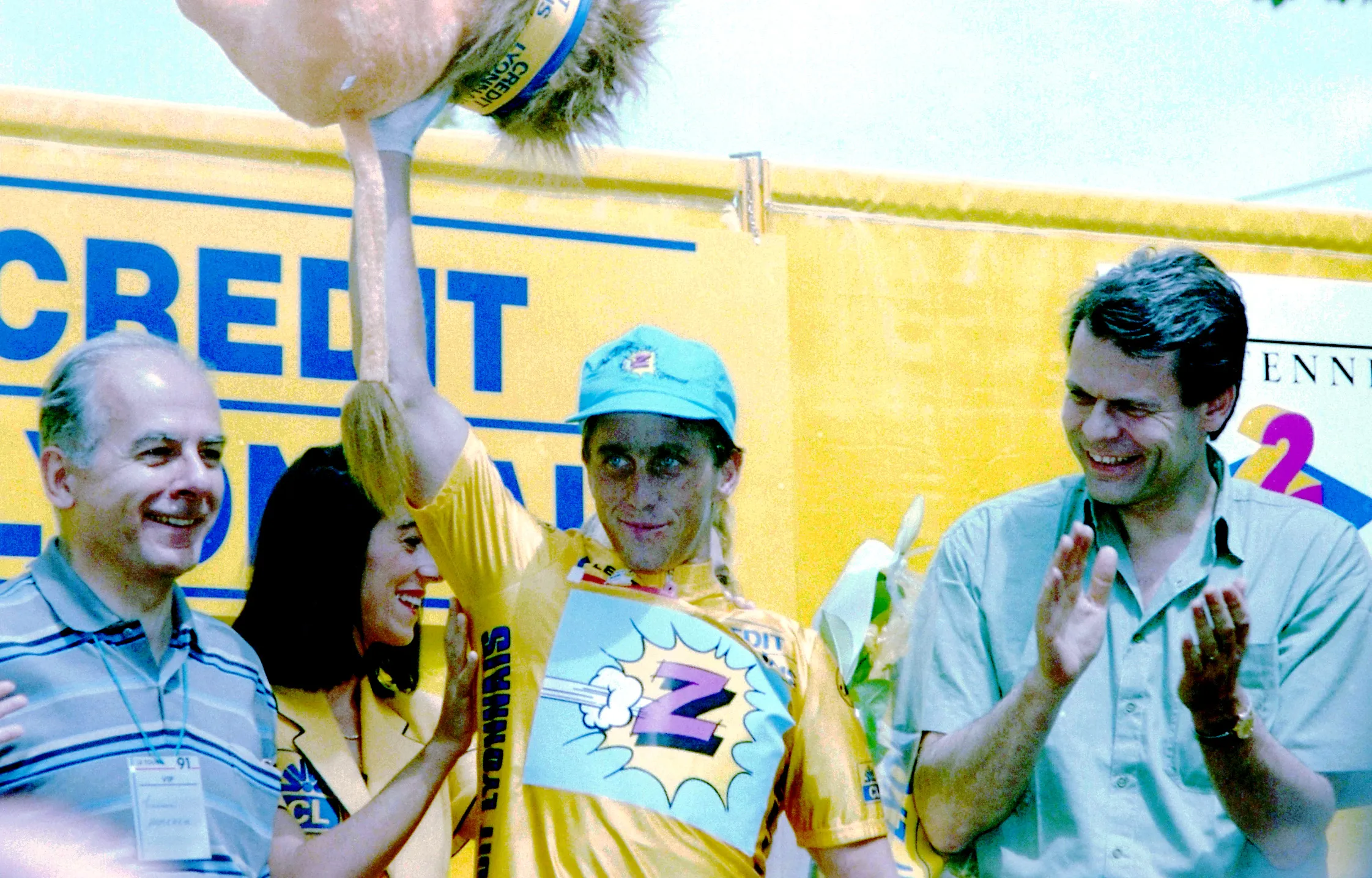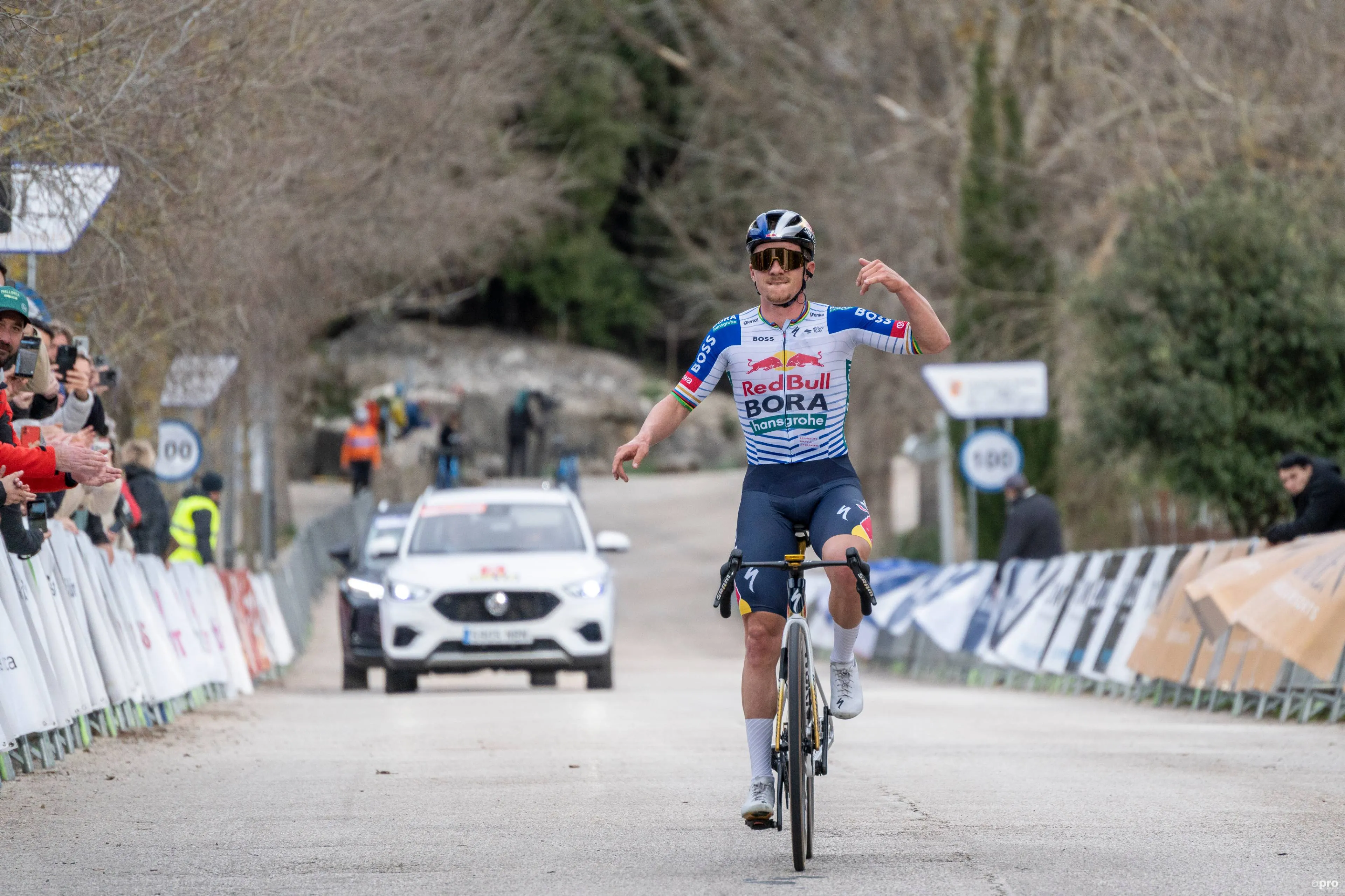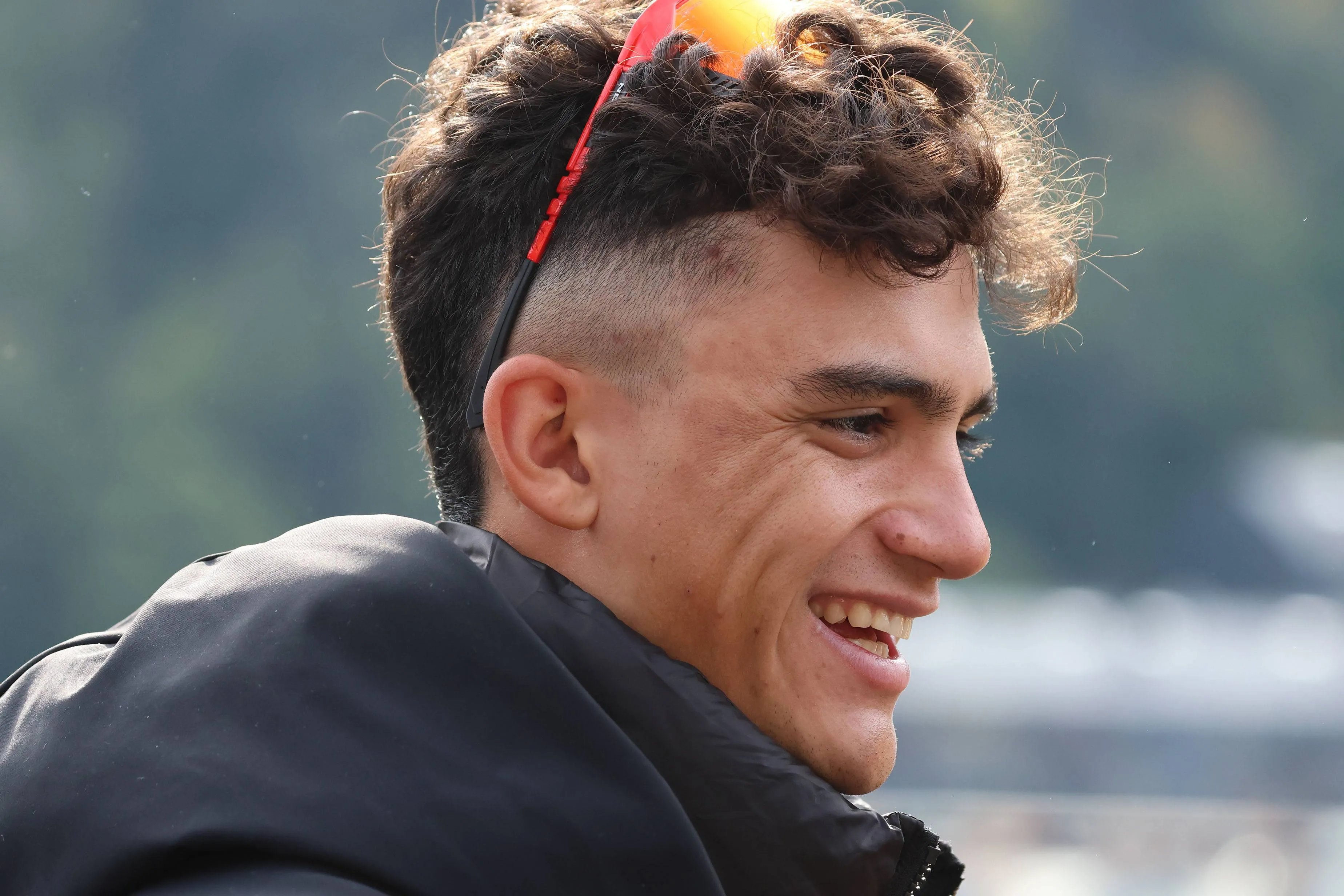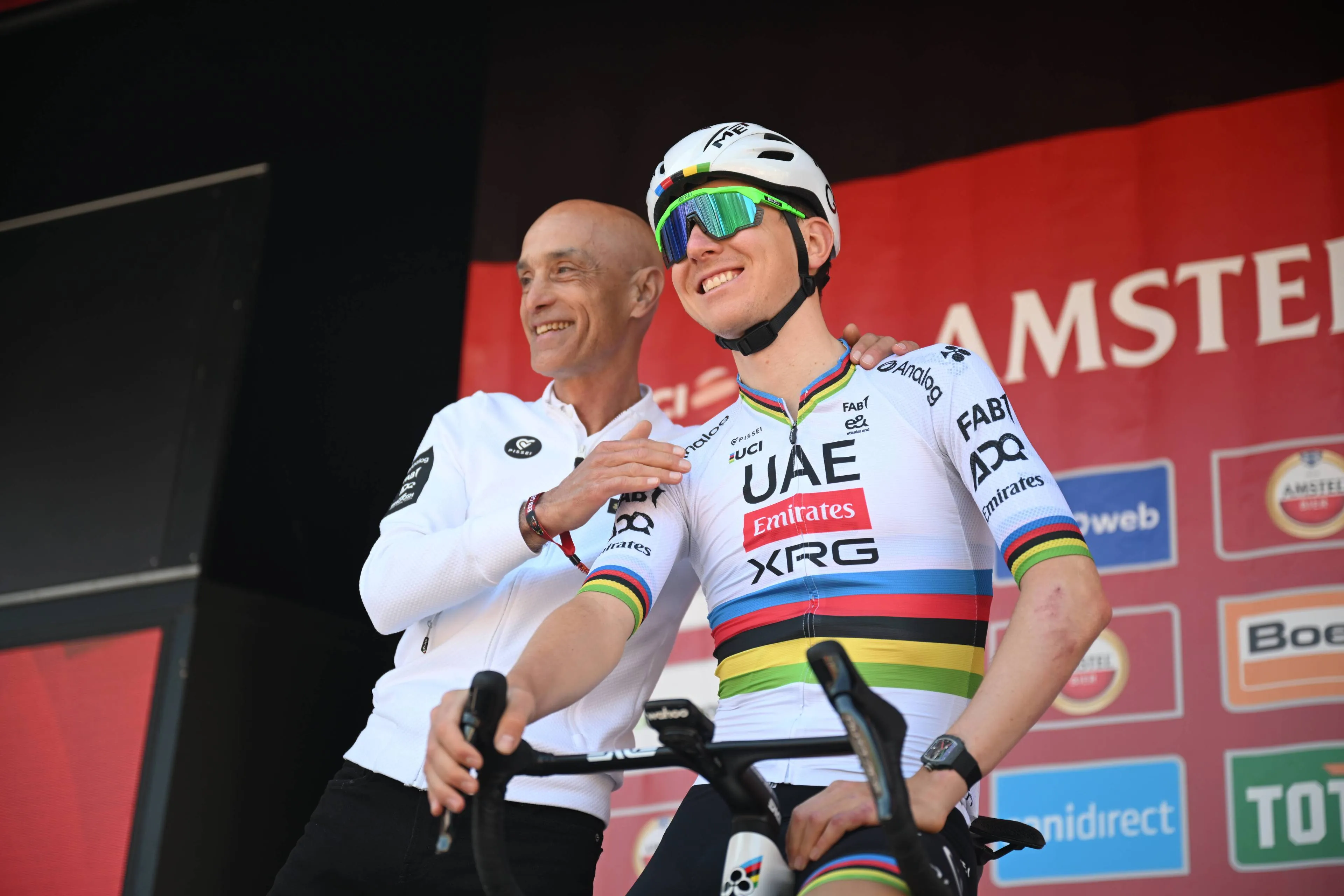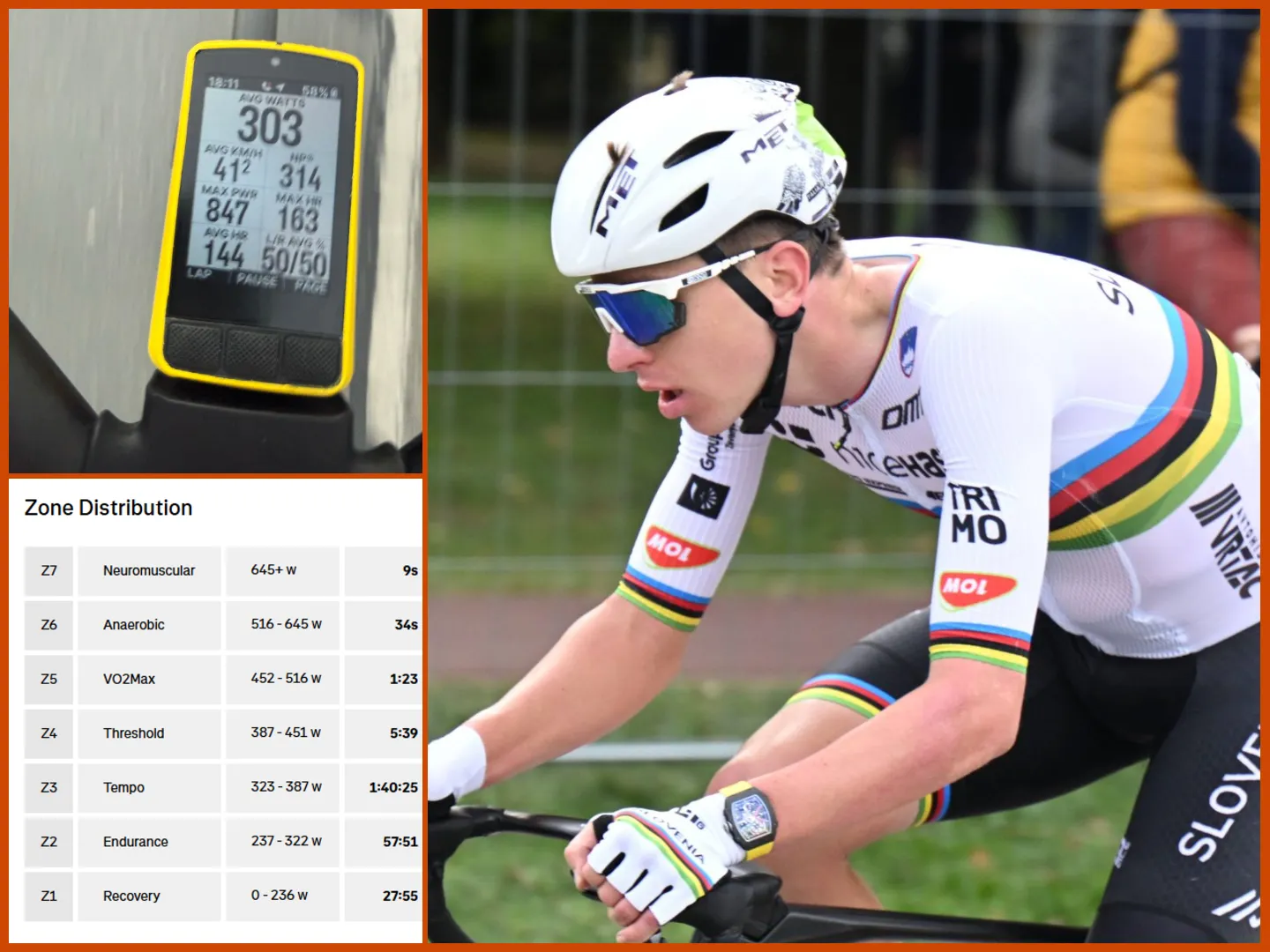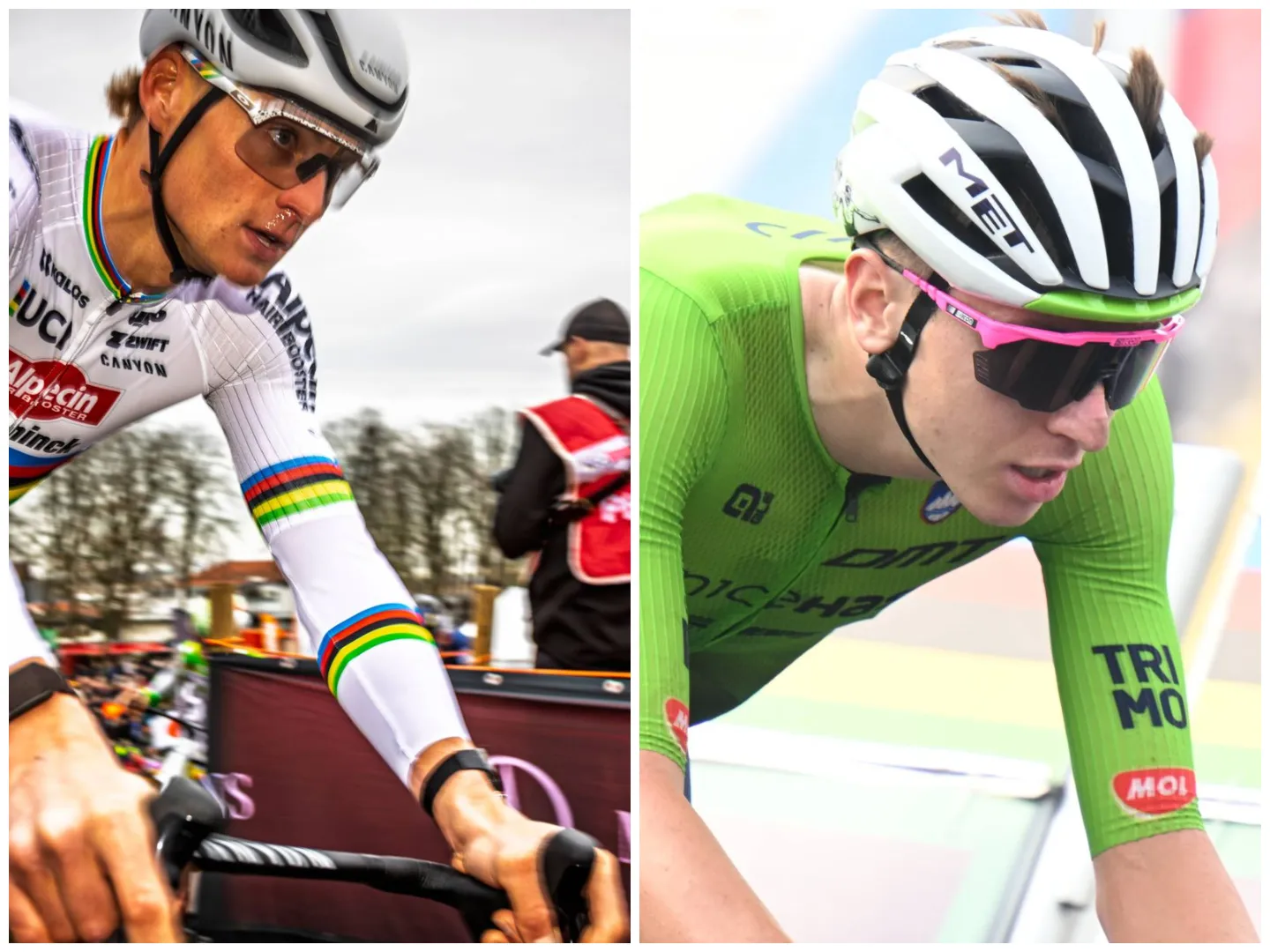Tour de France
All you need to know about the Tour de France, including Results, Interviews, Prize Money, Previews, Profiles, Calendars, and Race Reports!
Tour de France final podiums:
2025 - Tadej Pogacar - Jonas Vingegaard - Florian Lipowitz
2024 - Tadej Pogacar - Jonas Vingegaard - Remco Evenepoel
2023 - Jonas Vingegaard - Tadej Pogacar - Adam Yates
2022 - Jonas Vingegaard - Tadej Pogacar - Geraint Thomas
2021 - Tadej Pogacar - Jonas Vingegaard - Richard Carapaz
2020 - Tadej Pogacar - Primoz Roglic - Richie Porte
2019 - Egan Bernal - Geraint Thomas - Steven Kruijswijk
2018 - Geraint Thomas - Tom Dumoulin - Chris Froome
2017 - Chris Froome - Rigoberto Urán - Romain Bardet
2016 - Chris Froome - Romain Bardet - Nairo Quintana
2015 - Chris Froome - Nairo Quintana - Alejandro Valverde
2014 - Vincenzo Nibali - Jean-Cristophe Peraud - Thibaut Pinot
2013 - Chris Froome - Nairo Quintana - Joaquim Rodríguez
2012 - Bradley Wiggins - Chris Froome - Vincenzo Nibali
News
Just in
Popular news
Latest comments
- ok, FINE, so van der poel’s resting rate is lower than mine, what about it?! (though i have no idea what it means, his MAX heart rate is comparatively low as well.)OCexile14-02-2026
- This looks like it'd be a good watch with a route like so
 leedorney13-02-2026
leedorney13-02-2026 - The thing is that until someone fails a test or is caught in some other way then riders should be considered innocent. However, when the climb times, level of competition, watts achieved and many other data points are taken into consideration and put in context with guys like Armstrong, whom they are kicking to 20th place on mountains he once dominated and held records on, when we know he was doping in his prime, it seems impossible that cheating at some level is not happening. I think a guy like Tadej is probably a guy who only comes along in two or three generations, looking at the way he wins across different cycling disciplines tells me this. Like everything else, time will tell the truth. I want guys like Tadej and Jonas to be clean and I hope they are, I'll keep believing anyway until someone who is really in the know, like a failed test or the UCI, tells me different.awp13-02-2026
- Stupid quote. There is not a single person who in their life has not been lied to, for different reasons: also self-defense, kindness, mercy with others, etc. Then is a world of unrepentant DANGEROUS liars? you included?. And why is this atmosphere of CONSTANT suspicion and accusation only applicable to cycling and not to all sports that have had mega doping scandals?
 maria2024202413-02-2026
maria2024202413-02-2026 - What a wet stage. I love it when the breakaway wins, especially with a Conti rider. Fabulous!RidesHills13-02-2026
- The UAE Tour is now level on UCI points with the 7 major stage races, and looking at the 2026 route, I think it deserves it. Previously, it was comprised of 4 flat stages for the sprinters (with the opening stage to Liwa Palace being an uphill finish), 1 flat ITT, 1 shallow summit finish to Jebel Jais (which served only to kick out the non-GC contenders like Joshua Tarling, as it always ends in a sprint of the climbers) and 1 steep summit finish of Jebel Hafeet (where the GC is always decided). In this route, one flat sprint has been replaced with the hilly Fujairah stage, a novelty in the race, providing variation not normally seen here. The Jebel Jais stage has been replaced with the Jebel Yibir stage, and crucially this comes before the easier Jebel Hafeet stage (if it had been the other way round, riders would go easy on Jebel Hafeet). In addition to this, the opening and closing stages (Liwa Palace and the Abu Dhabi Breakwater) have become iconic. What's missing is that all the mountain stages have very little variation, all being unipuerto. Because they don't have big mountain passes, the solution is to make some of their big climbs into dual carriageways. Jebel Jais and Jebel Hafeet are already very wide. That also opens up the possibility of having mountain stages with flat finishes, which increases variation further. Of course there are the ethical issues of promoting further a race in such a country. The question would be if previous winners of the race will have their wins counted as triumphs in a major stage race. This race doesn't have the history but that can't be used as a defining metric because then there's no hope for any new race.
 Rafionain-Glas13-02-2026
Rafionain-Glas13-02-2026 - Remco Mustafa is a f**** liar. He knew very well that Pogi will not race the UAE Tour. In December 2025 Pogi said, that he doesn't have a schedule yet but his first race will be Strade Bianche. After asked about the UAE Tour, he said NO, not next year. Capish, you Belgian Mustafa?Mou-Cro-HR13-02-2026
- Zonneveld is trying to make a name for himself attacking Pogacar like David Walsh of the Sunday Times attacked Pharmstrong all those years. Only difference really, at the end of all things Walsh was a damned fine investigative journalist.....slappers6613-02-2026
- What is the big deal I am 61 and put out 230 for a 3 hr ride . Do not know what the fuss is about🤣🤣🤣paultryan200213-02-2026
- What is the big deal I am 61 and put out 230 for a 3 hr ride . Do not know what the fuss is about🤣🤣🤣paultryan200213-02-2026
Loading

